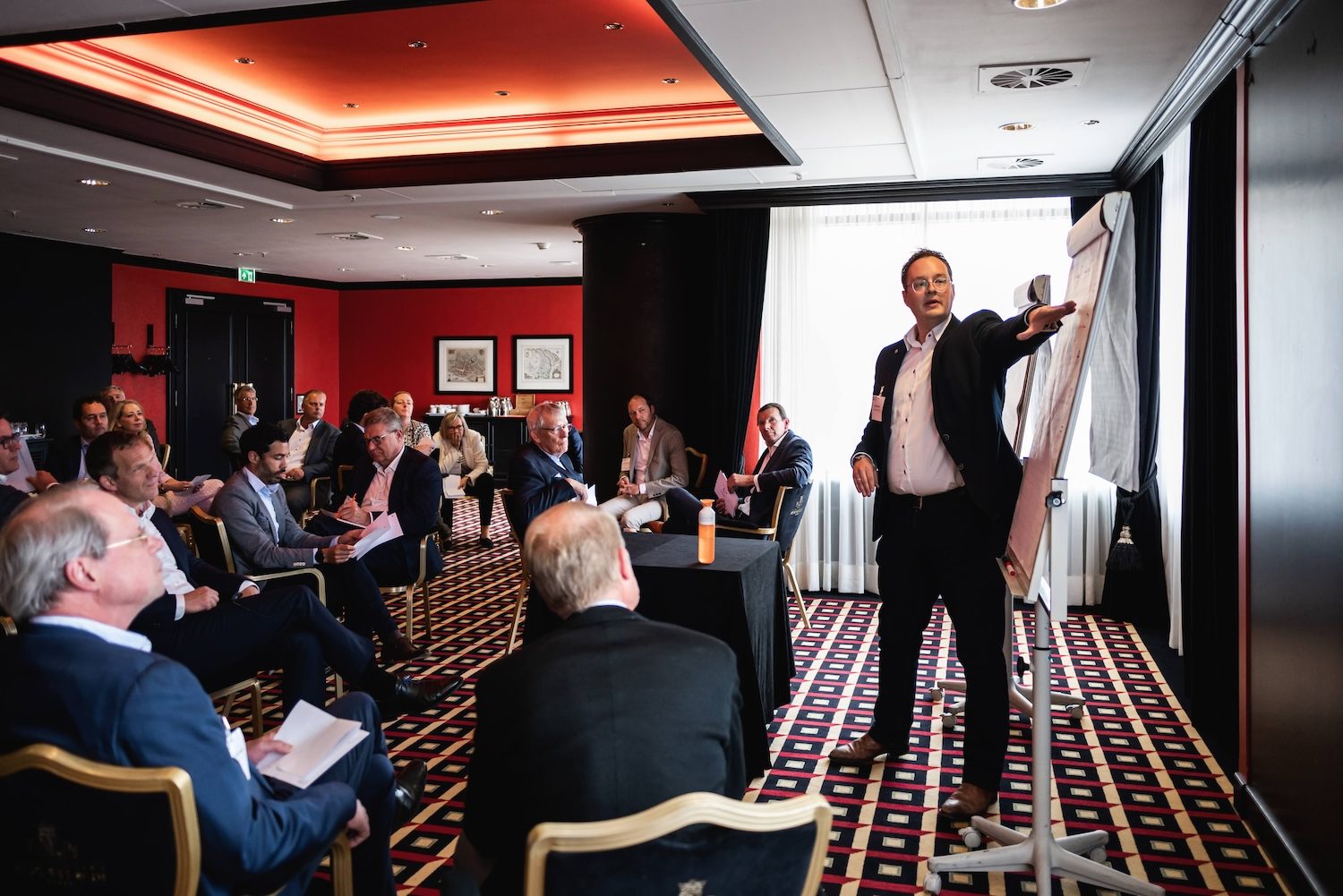Cultural Change
First and foremost, culture is not kept by the organisation itself, but by the people within the organisation. A leader who singlehandedly wants to influence that culture will quickly hit a wall. ASK your people first what they think culture is. CHALLENGE them to come up with ideas to improve it. STIMULATE them to be part of that change. Now you have an idea of your company’s culture from the perspective of your stakeholders. But how do you get from there, to a new situation? Through a structural process of feedforwarding that stimulates continuous improvement. And once again that requires courage, modesty and discipline. By measuring the outcomes, you can hide no longer. People cannot complain, because the process offers no space for that. It’s an individual approach, fused with the overall process.
Nothing but positivity then?
The process only indicates what the collective wants, how it can get there, and what talents can be used to get there. It requires a lot from everyone involved. It also shows quite clearly who cannot or do not want to improve. Painfully clear even. Therefore it also requires decisive coordination, able to harvest the bad apples and place them outside the company. It requires leadership that is inspiring, a good example, and able to follow the process. Reciprocity creates space for vulnerability and safety among employees, which is crucial in developing companies. Interested? Give us a call for a personal introduction and explanation, or read ‘Save the Alpha Wolf’.
